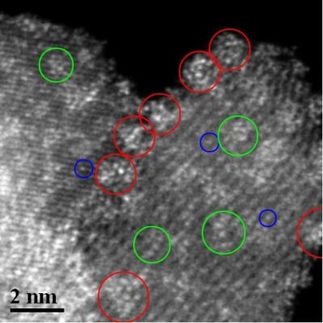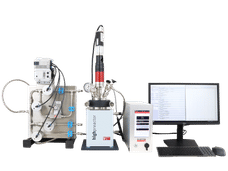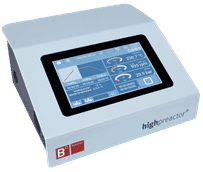Algae biofuel can cut CO2 emissions by up to 68 percent
Algae fuel will have a significant energy return on investment, consume waste CO2 and can be grown in saltwater on marginal lands
Advertisement
Algae-derived biofuel can reduce life cycle CO2 emissions by 50 to 70 percent compared to petroleum fuels, and is approaching a similar Energy Return on Investment (EROI) as conventional petroleum according to a new peer-reviewed paper published in Bioresource Technology. The study, which is the first to analyze real-world data from an existing algae-to-energy demonstration scale farm, shows that the environmental and energy benefits of algae biofuel are at least on par, and likely better, than first generation biofuels.
“This study affirms that algae-based fuels provide results without compromise,” said Mary Rosenthal, ABO’s executive director. “With significant emissions reductions, a positive energy balance, nutrient recycling and CO2 reuse, algae-based fuels will be a long-term, sustainable source of fuels for our nation.”
The study, “Pilot-scale data provide enhanced estimates of the life cycle energy and emissions profile of algae biofuels produced via hydrothermal liquefaction (HTL),” is a life cycle analysis of an algae cultivation and fuel production process currently employed at pre-commercial scales. The authors examined field data from two facilities operated by Sapphire Energy in Las Cruces and Columbus, New Mexico that grow and process algae into Green Crude oil. Sapphire Energy’s Green Crude can be refined into drop-in fuels such as gasoline, diesel and jet fuel.
The study concluded that algae technologies at commercial scale are projected to produce biofuels with lower greenhouse gas emissions and EROI values that are comparable to first generation biofuels. Additionally, algae based biofuels produced through this pathway at commercial scale will have a significant energy return on investment (EROI), close to petroleum and three times higher than cellulosic ethanol. The system that was evaluated recycles nutrients, can accept an algae feed that is up to 90 percent water in the processing phase, and the final product can be blended with refinery intermediates for refining into finished gasoline or diesel product, resulting in significant energy savings throughout the process.
“These real-world data from demonstration scale facilities gave us new insight and allowed us to understand how scale will impact the benefits and costs of algae-to-energy deployment.” said lead author Andres F. Clarens, Assistant Professor of Civil and Environmental Engineering at the University of Virginia, Charlottesville. “These results suggest that algae-based fuels made using HTL have an environmental profile that is comparable to conventional biofuels.”
The authors also write that expected improvements in the industry mean that algae-based biofuels are set to surpass advanced biofuels such as cellulosic ethanol in terms of both energy returns and greenhouse gas emissions.

































































